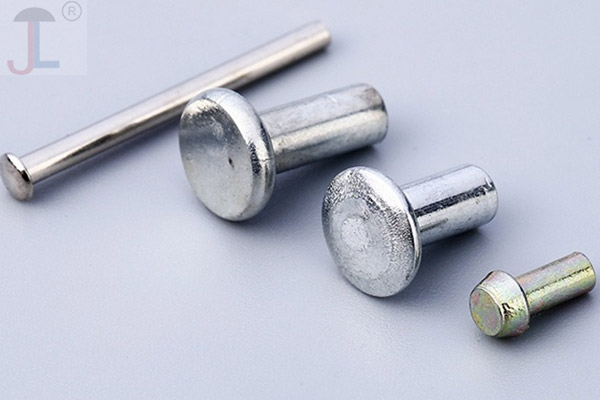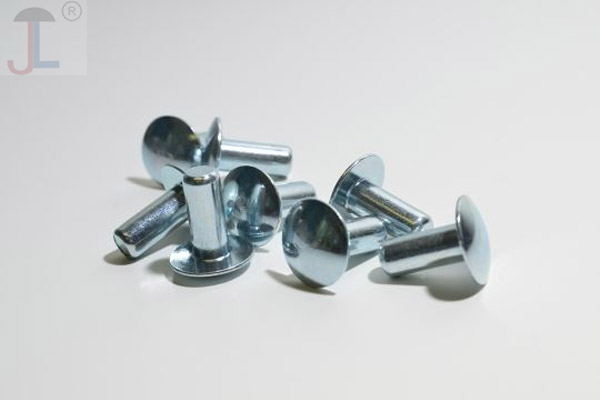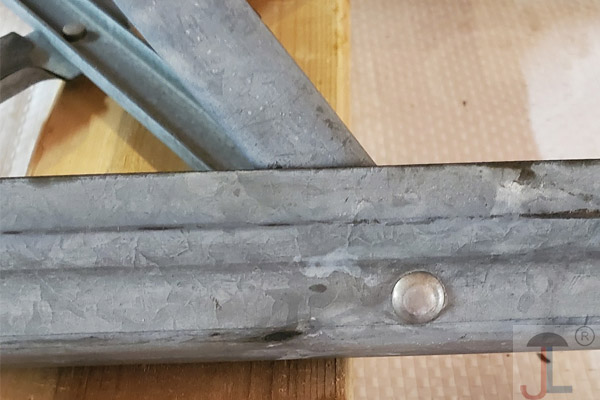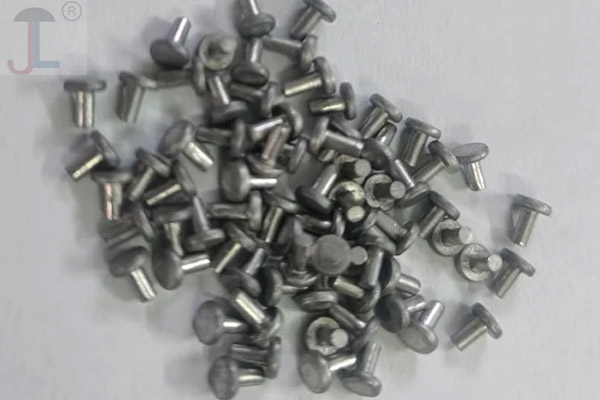
Here's a more detailed comparison:
-
Strength:Steel rivets typically have higher tensile and shear strength than aluminum rivets. This makes them suitable for applications requiring high strength, like structural components or those subjected to heavy loads.
-
Weight:Aluminum is significantly lighter than steel. Aluminum rivets are a good choice for weight-sensitive applications, such as airplanes or other lightweight structures.
-
Corrosion Resistance:Aluminum rivets offer natural corrosion resistance due to their tendency to form a protective oxide layer. Stainless steel rivets also offer excellent corrosion resistance and are often preferred for applications exposed to harsh environments.
-
Cost:Aluminum fasteners are generally less expensive than stainless steel fasteners of the same type. However, aluminum rivets may be more expensive than steel rivets when comparing them by weight.
-
Other factors:Aluminum is non-magnetic, which can be beneficial in some applications. It also accepts paint well and is non-staining.
When to choose aluminum rivets:
- When weight is a primary concern.
- When corrosion resistance is important and steel is not suitable.
- When a cost-effective solution is needed.
- For light-duty or medium-duty applications.
When to choose steel rivets:
- When high strength is required.
- For structural applications or applications subjected to heavy loads.
- When exposed to harsh environments or corrosive conditions.



